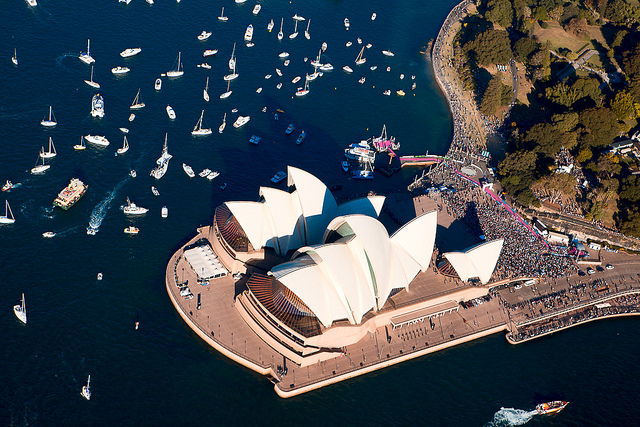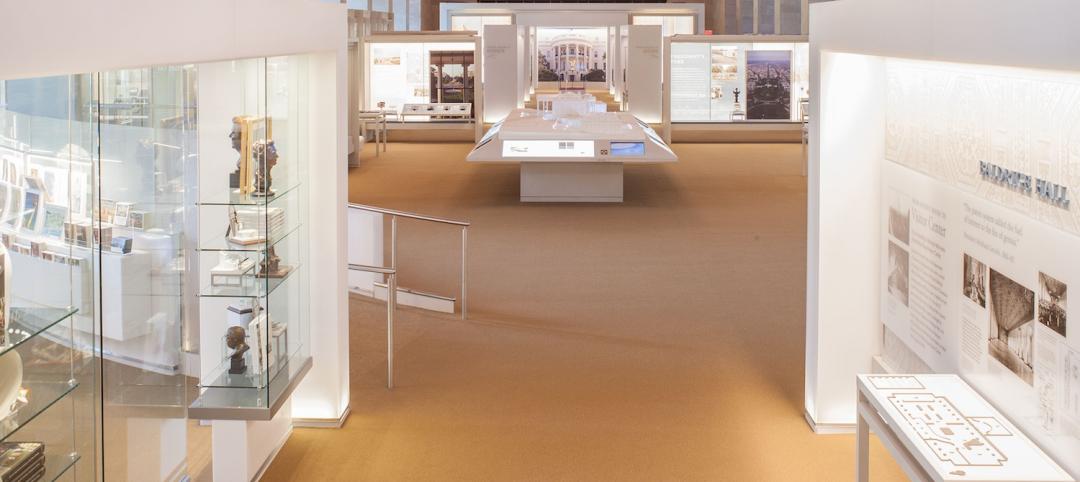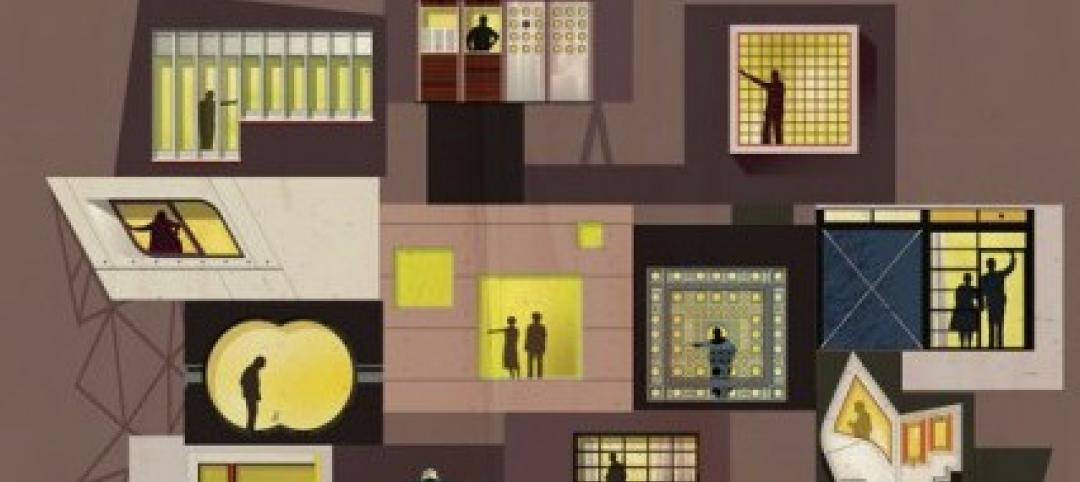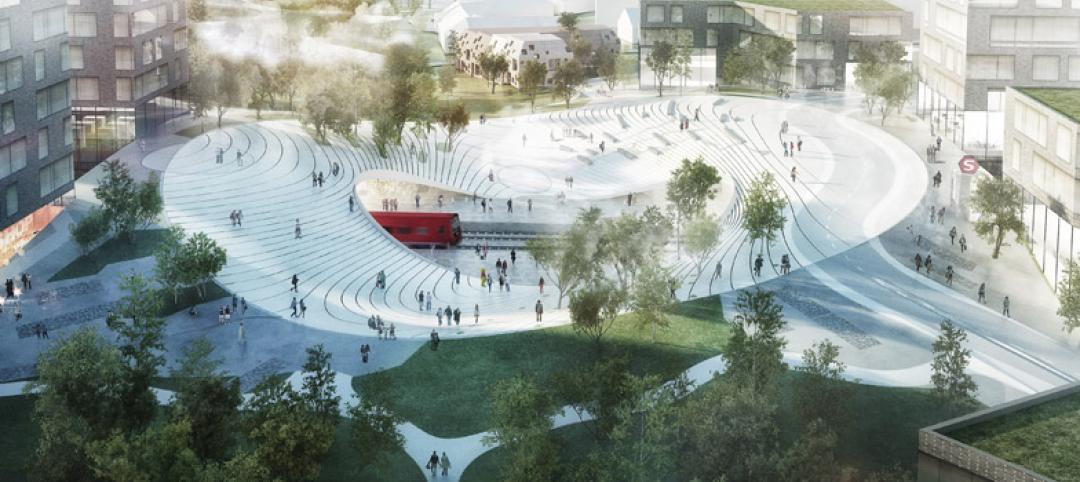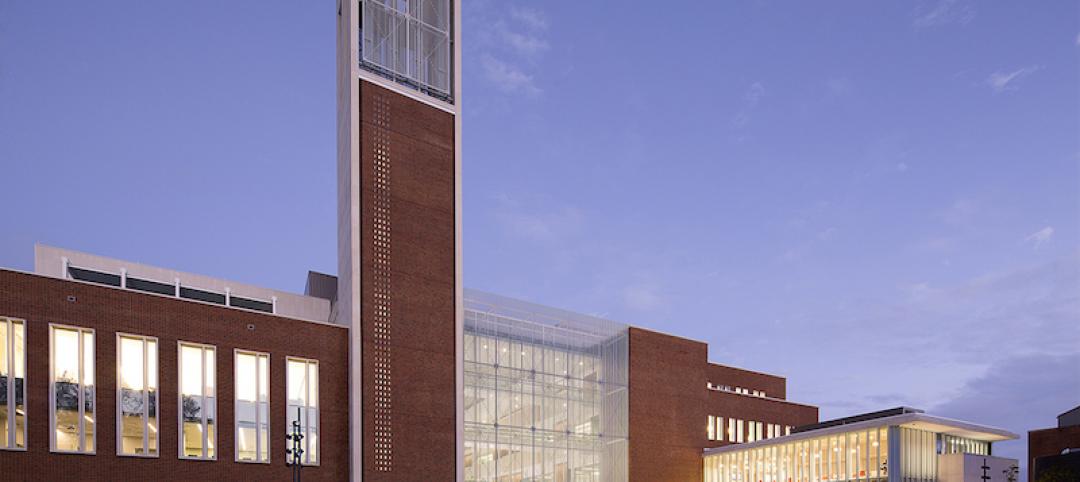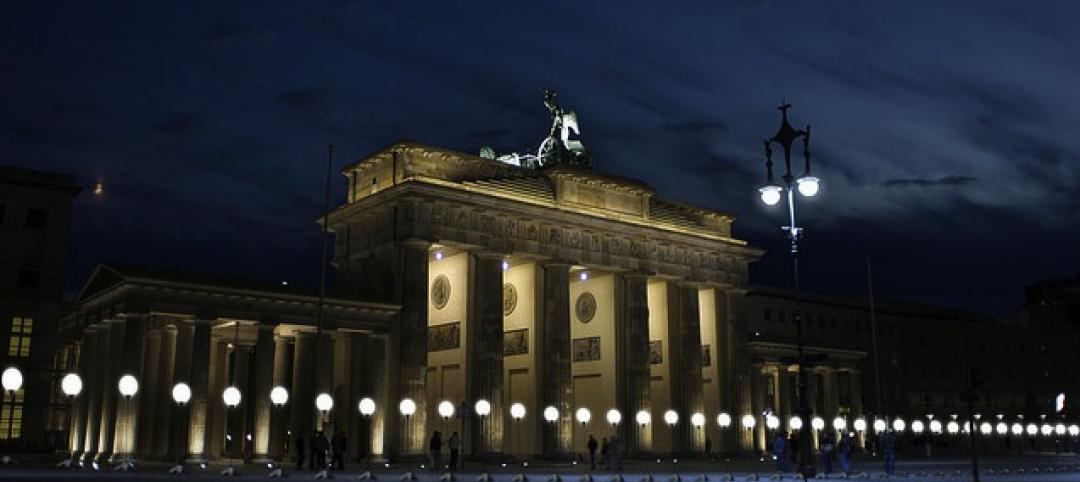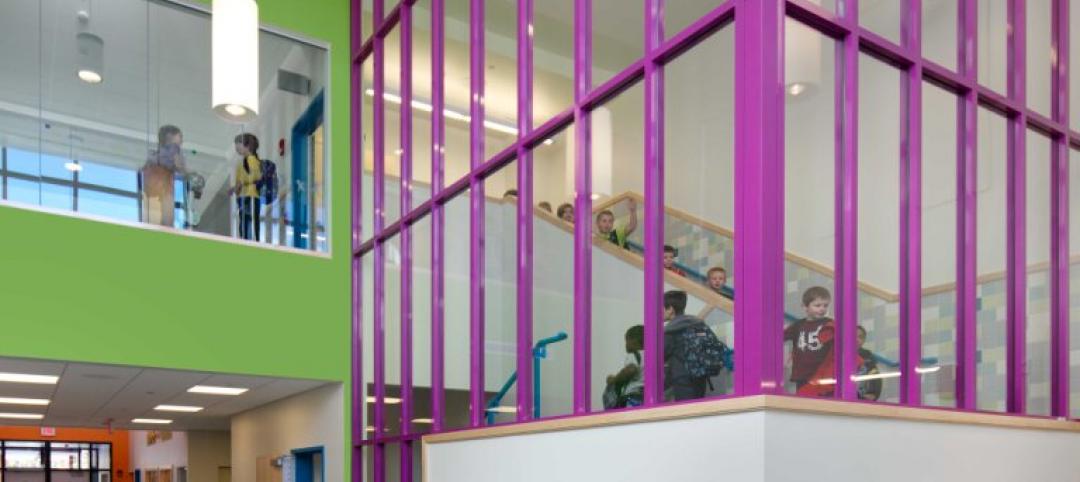Inexplicable designs. Questionable functionality. Absurd budgeting. Just plain inappropriate. These are some of the characteristics that distinguish projects that ArchDaily has identified as most controversial in the annals of architecture and construction.
They include some of the most famous structures on the planet, as well as buildings whose infamy is their fame. The list below includes the lead architect in parenthesis.
1. Pruitt-Igoe Housing Development, St. Louis (Minoru Yamasaki). Built in the mid 1950s, but never fully occupied, this project was castigated by critics as being little more than a prison for its low-income residents. It was razed in 1972.
2. Al-Wahrah Stadium, Doha, Qatar (Zaha Hadid Architects). Over 1,000 workers have reportedly died building this stadium, one of five under construction for the 2022 FIFI World Cup.
3. Sydney Opera House, Sydney, Australia (Jørn Utzon). It was supposed to take 18 months and $18 million AUD to complete. It ended up taking 16 years and the final price tag was $102 million AUD.
4. Eiffel Tower, Paris (Gustave Eiffel). This iconic structure, which opened in 1889, encountered considerable criticism that included one reference to it as “a truly tragic street lamp.”
5. The “Walkie-Talkie” at 20 Fenchurch Street, London (Rafael Viñoly Architects). This building’s nickname says it all about its weird design. The sunlight reflecting off of the building’s windows to this day still scorches street-level objects. Even the architect regrets building it.
6. Woman’s Building, World Columbian Exposition, Chicago (Sophia Hayden Bennett). Designed and built by an all-woman management team, and opened in 1893 as a paean to women’s achievements, its architecture was ultimately deemed irrelevant.
7. Antilla Residential Tower, Mumbai, India (Perkins + Will/Hirsch Bednar Associates). A 27-story tower, built next to a notorious slum, is the world’s most expensive private residence. It cost $1 billion US, and includes a six-story parking garage.
8. Sagrada Familia, Barcelona, Spain (Antoni Gaudi). This basilica, with its mishmash of design styles, was started in 1882, and is still under construction. (Completion is now projected for 2026.)
9. The Portland Building, Portland, Ore. (Michael Graves). The first major postmodern construction in North America, the 15-story building, completed in 1982 for $29 million, won an AIA award, but has left more Portlandians cold. In October 2009, Travel + Leisure called it “one of the most hated buildings in America.”
Related Stories
| Oct 19, 2014
White House Visitor Center reopens in Washington, D.C.
Designed by SmithGroupJJR and Gallagher & Associates, renovated center shows public its unique role as office, stage, museum, park, and home.
| Oct 16, 2014
Must see: Illustrator interprets iconic windows concocted by renowned architects
Graphic designer Federico Babina has made a name for himself when it comes to art inspired by architecture, or more accurately, art inspired by architecture that's inspired by other forms of art.
| Oct 16, 2014
Henning Larsen Architects to design train station for planned Danish town
Danish firm Henning Larsen Architects won Frederikssung municipality’s architecture competition for a regional train station in the planned city of Vinge—Denmark’s largest urban development.
| Oct 16, 2014
Report: How to keep public libraries relevant in a digital age
Public libraries will avoid being relegated to the scrap heap of history in a digital age as long as they continue to serve as platforms for learning, creativity, and innovation that strengthen their communities, according to a new Aspen Institute report.
Sponsored | | Oct 16, 2014
Drilling deeper: The booming Bakken Shale region
The Bakken Shale region, which spans from central North Dakota to the northeastern corner of Montana, is rapidly growing as a result of the oil and gas boom. SPONSORED CONTENT
| Oct 16, 2014
Germany to commemorate Berlin Wall anniversary with 10-mile LED 'balloon' installation
The project, named Lichtgrenze (or Border of Light), makes for a colossal art installation dividing Berlin back to East and West. Eight thousand LED light-filled balloons, each 11 feet high, will line the path.
| Oct 16, 2014
Perkins+Will white paper examines alternatives to flame retardant building materials
The white paper includes a list of 193 flame retardants, including 29 discovered in building and household products, 50 found in the indoor environment, and 33 in human blood, milk, and tissues.
Sponsored | | Oct 16, 2014
Mill Brook Elementary School colors outside the lines with creative fire-rated framing solution
Among the building elements contributing to the success of the elementary school’s public learning areas is a fire-rated stairwell that supports the school’s vision for collaboration. HMFH Architects designed the stairwell to be bright and open, reflecting the playful energy of students. SPONSORED CONTENT
| Oct 15, 2014
Drones may soon assist code inspectors for construction in the UAE
The United Arab Emirates’ Ministry of Labour announced that they will start using drones to help inspectors record when construction sites are breaking laws.
| Oct 15, 2014
Harvard launches ‘design-centric’ center for green buildings and cities
The impetus behind Harvard's Center for Green Buildings and Cities is what the design school’s dean, Mohsen Mostafavi, describes as a “rapidly urbanizing global economy,” in which cities are building new structures “on a massive scale.”


